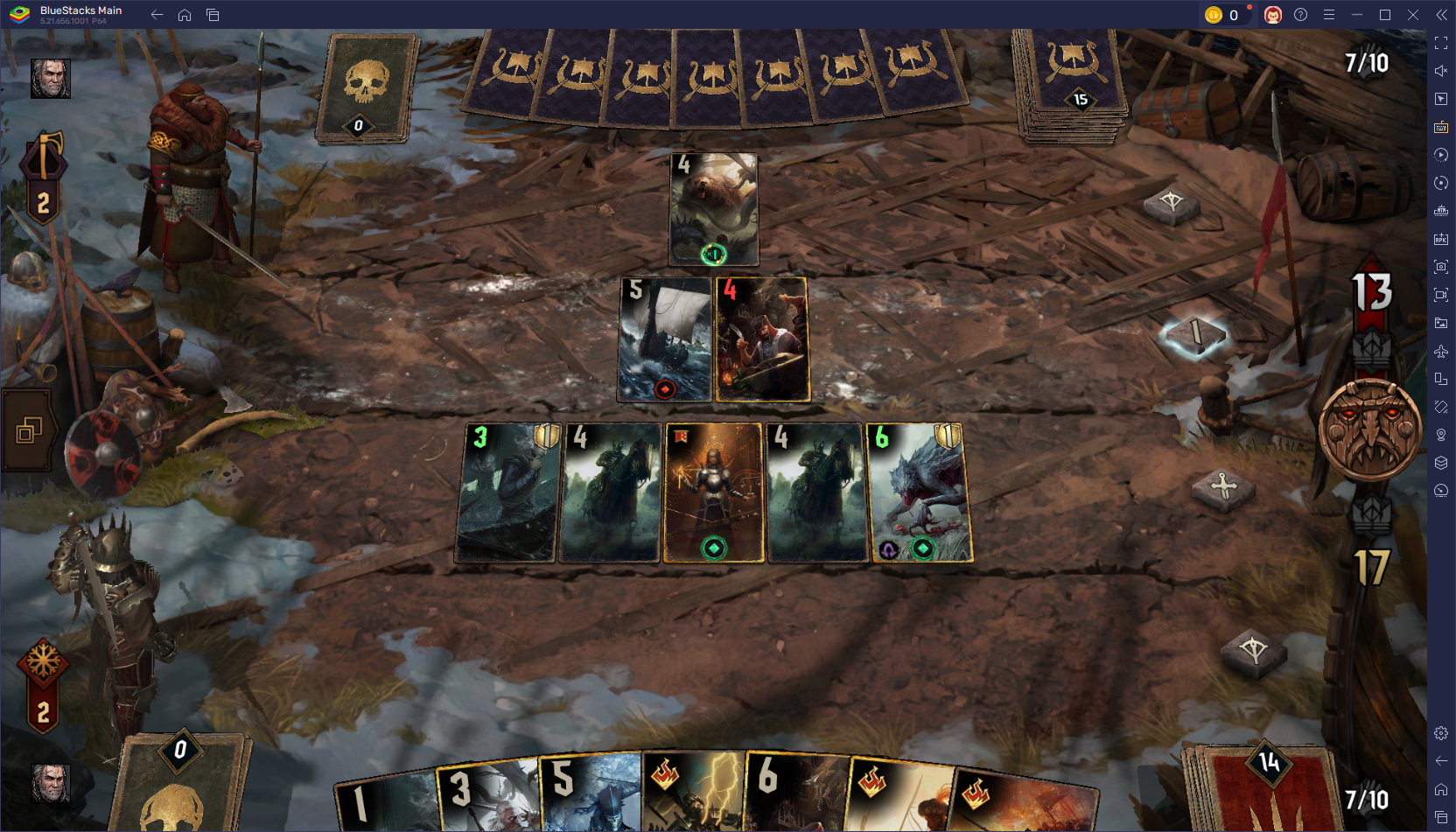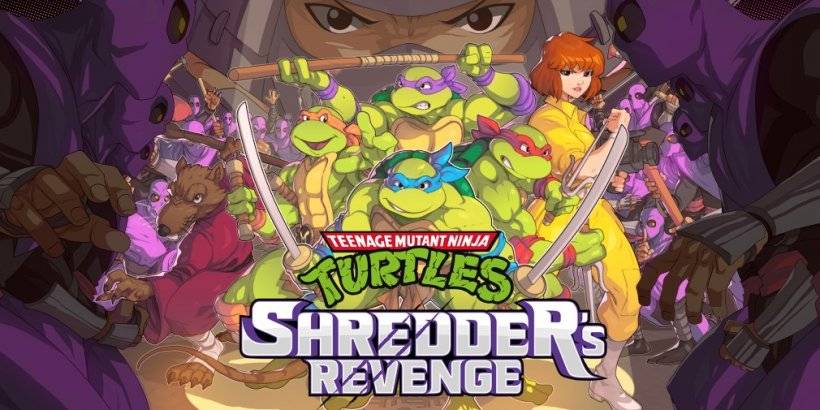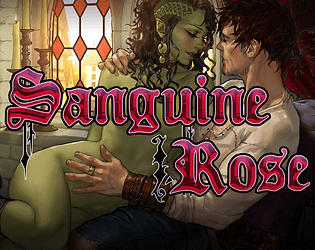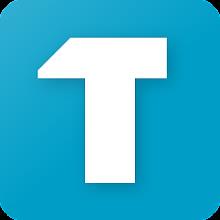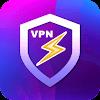The ROG Ally, a compelling Steam Deck alternative, gained popularity in 2023 for its Windows OS and expansive game library. The 2023 ROG Ally X upgrade boasted enhanced internals and improved ergonomics with better cooling.
While its portability is a key feature, connecting the ROG Ally to a TV or monitor for a larger screen experience is straightforward. Both Ally models offer external display connectivity. Below are detailed instructions and recommendations.
Connecting via Adapter
Several methods exist, with adapters providing a compact solution. Options range from small dongles to direct cables and the official ROG Gaming Charger Dock.
Requirements
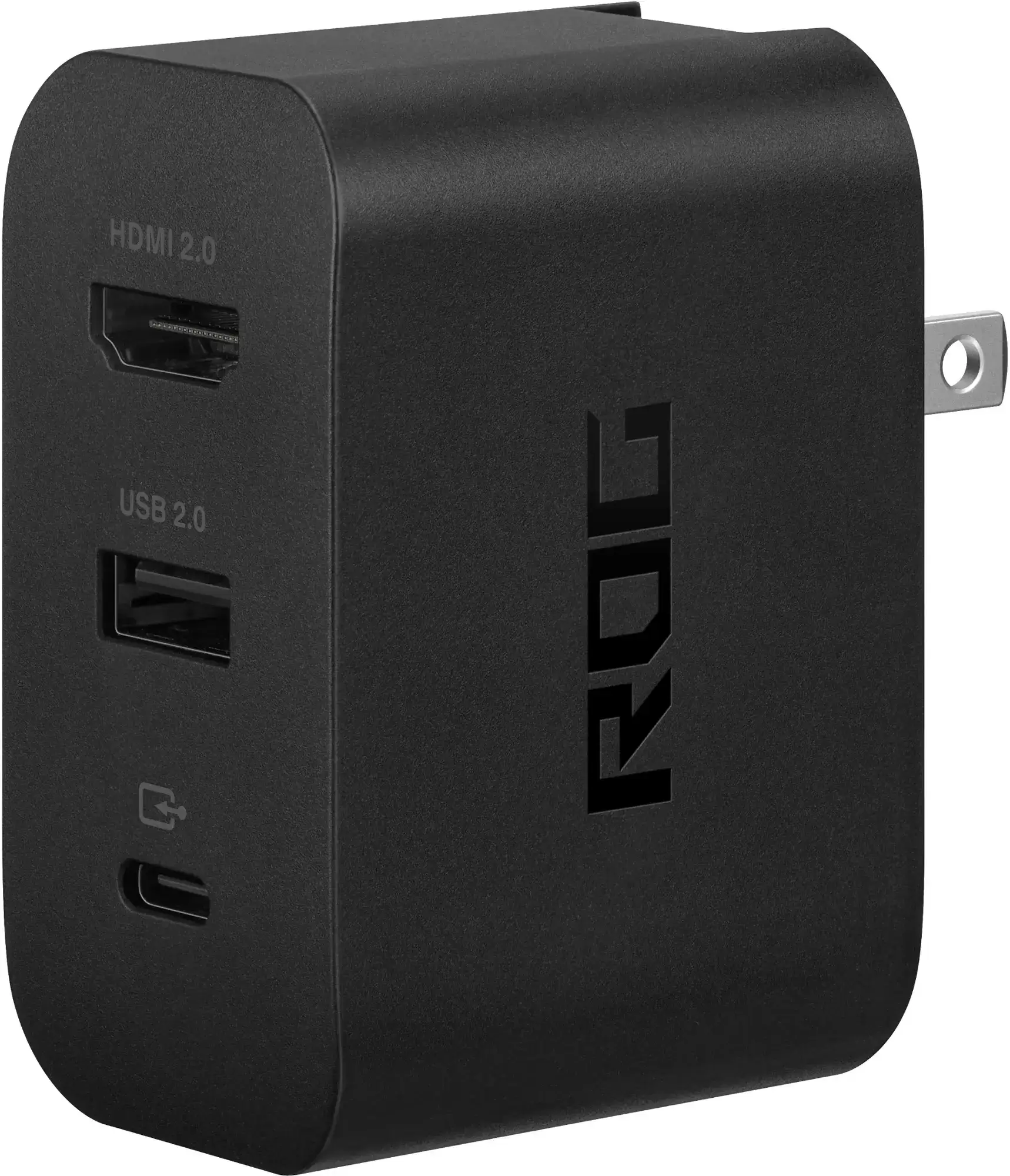 ### ASUS ROG 65W Charger Dock
### ASUS ROG 65W Charger Dock
0Supports HDMI 2.0, USB-A, and USB-C for seamless ROG Ally connectivity.See it at Best BuyAsus simplifies Ally-to-TV connection with its ROG Gaming Charger Dock, which also functions as a charger. A USB-C and HDMI cable are all that's needed. The dock includes a USB-A port for mouse/keyboard use.
Third-party USB-C to HDMI adapters connect directly to the Ally's USB-C port. An HDMI cable links the adapter to your TV/monitor. Alternatively, a direct USB-C to HDMI cable eliminates the adapter.
Some USB-C to HDMI adapters offer passthrough USB-C power. If so, an extra USB-C cable and power adapter are necessary for charging during gameplay.
Step-by-Step Instructions
- Plug a USB-C to HDMI adapter (or cable) into the Ally's top USB-C port. For the ROG Gaming Charger Dock, connect a USB-C cable between the Ally and the dock's USB-C port.
- Connect an HDMI cable from the adapter (or dock) to your TV/monitor's HDMI port. Direct USB-C to HDMI cables connect directly to the monitor.
- (Optional) If using a passthrough USB-C adapter, connect your Ally's power adapter to charge.
- Power on the Ally; video output should be automatic.
- Select the correct HDMI input on your TV/monitor.
Connecting via Docking Station
For a Nintendo Switch-like setup, consider a docking station. While no official dock exists (besides the ROG Gaming Charger Dock), numerous third-party options are available. These offer a stand for the Ally and charging capabilities.
Requirements
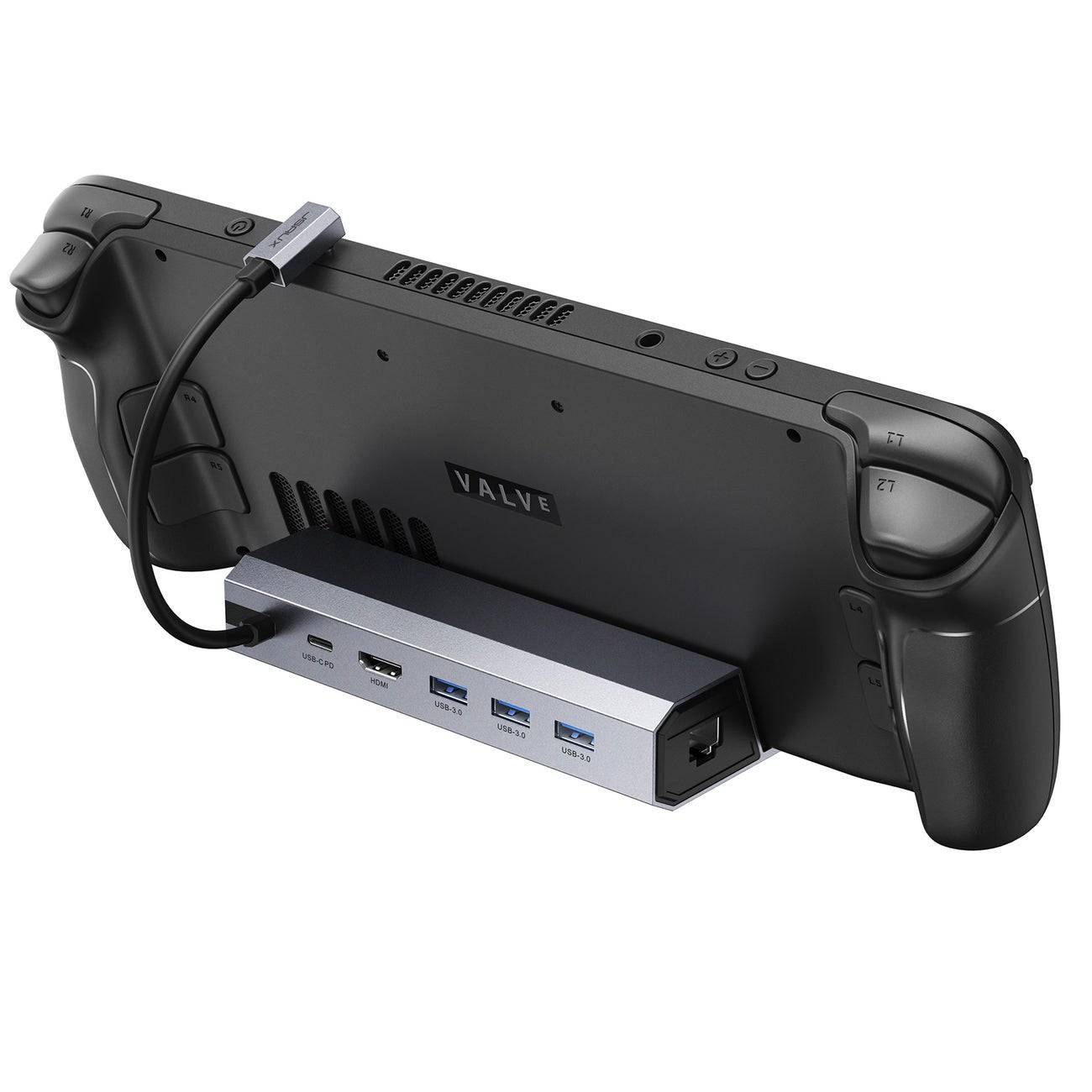 Our Top Pick### JSAUX Docking Station HB0603
Our Top Pick### JSAUX Docking Station HB0603
2100 watts of power for fast charging and multiple ports in a compact design.See it at AmazonBasic docks usually include HDMI and passthrough USB-C charging. More advanced docks offer extra USB ports, Ethernet, SD card slots, and even DisplayPort for multi-monitor setups. Smaller, portable docks are ideal for travel. Many Steam Deck docks are also compatible.
Step-by-Step Instructions
- Place the Ally in the dock.
- Connect the USB-C power cord to the Ally's top USB-C port.
- Connect the Ally's power adapter to the dock's USB-C charging port.
- Connect an HDMI cable from the dock to your TV/monitor.
- Power on the Ally; video output should be automatic.
- Select the correct HDMI input on your TV/monitor.
Controller Recommendation
While mouse and keyboard work, a wireless controller enhances the big-screen experience. The Ally supports Bluetooth controllers. Consider these options (also compatible with Steam Deck):
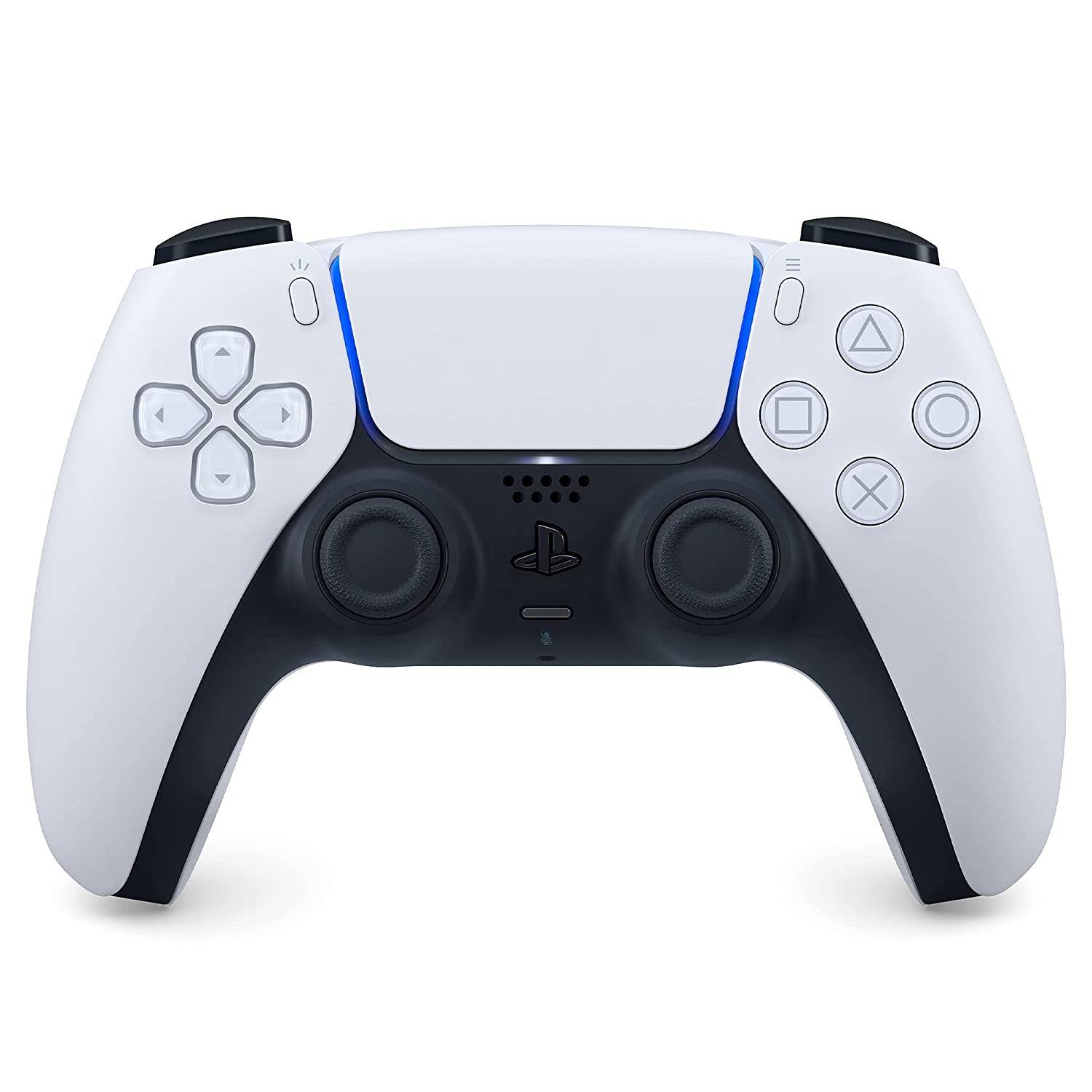 Our Top Pick### Sony DualSense
Our Top Pick### Sony DualSense
1See it at AmazonSee it at Best BuySee it at Target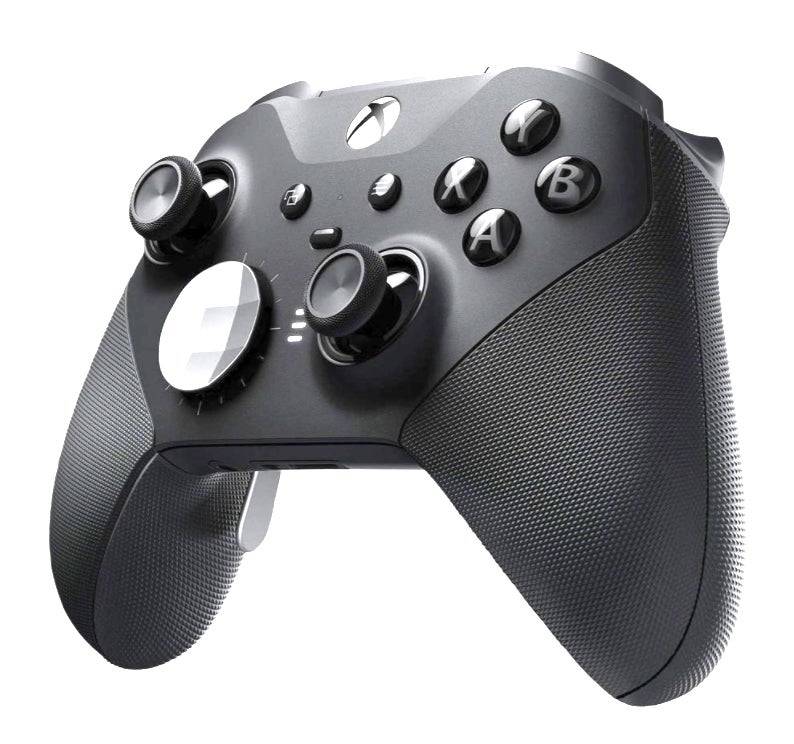 ### Xbox Elite Series 2 Controller
### Xbox Elite Series 2 Controller
4See it at AmazonSee it at Best Buy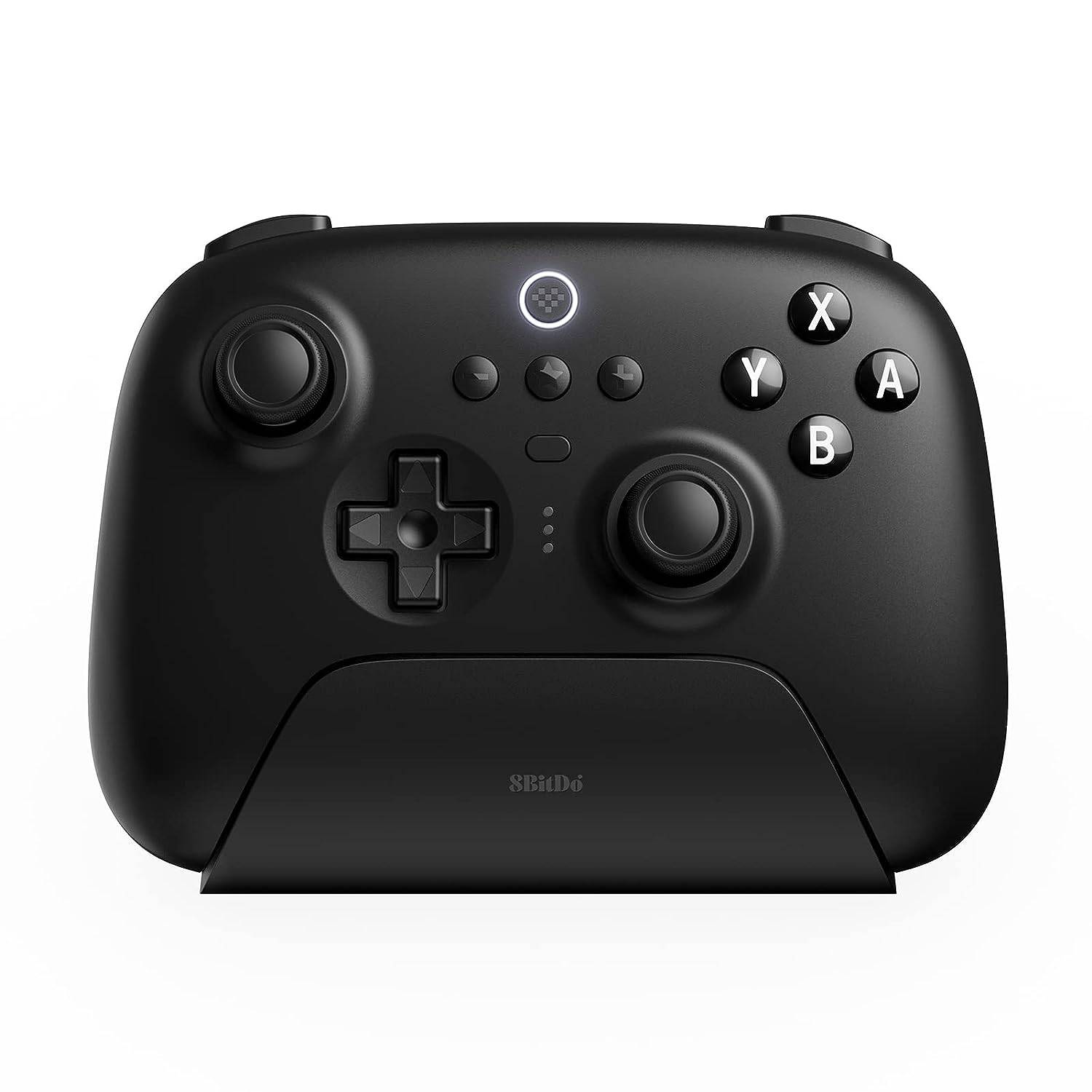 ### 8BitDo Ultimate Controller
### 8BitDo Ultimate Controller
0See it at Amazon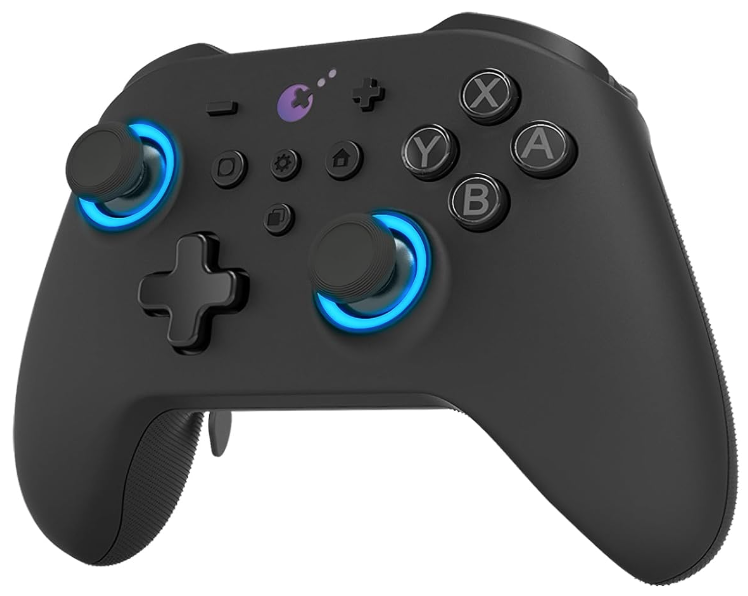 ### GuliKit KingKong 3 Max Controller
### GuliKit KingKong 3 Max Controller
1See it at Amazon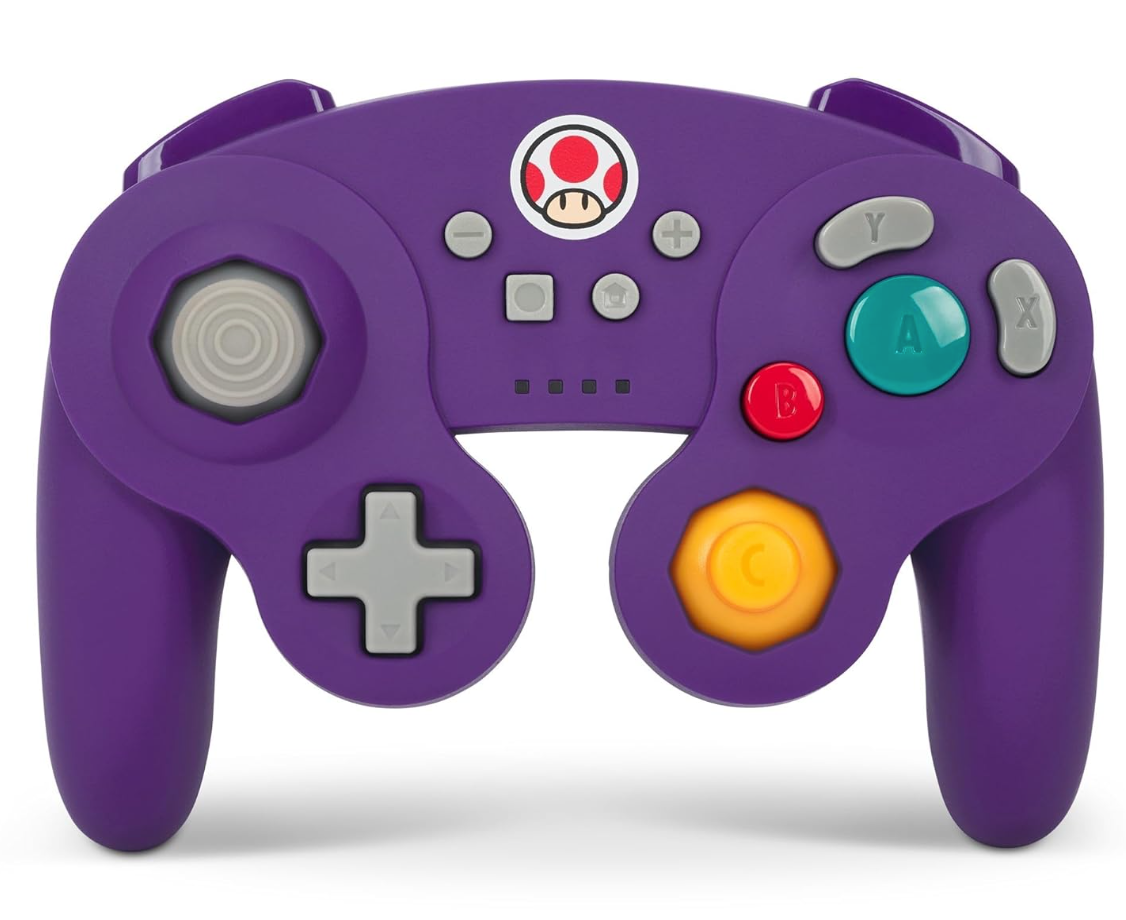 ### PowerA Wireless GameCube Style Controller
### PowerA Wireless GameCube Style Controller
2See it at AmazonOptions include the DualSense, Xbox Wireless Controller, Nintendo Switch Pro Controller, and various third-party controllers. 2.4GHz wireless controllers often offer lower latency than Bluetooth. Wired USB controllers are also an option.


